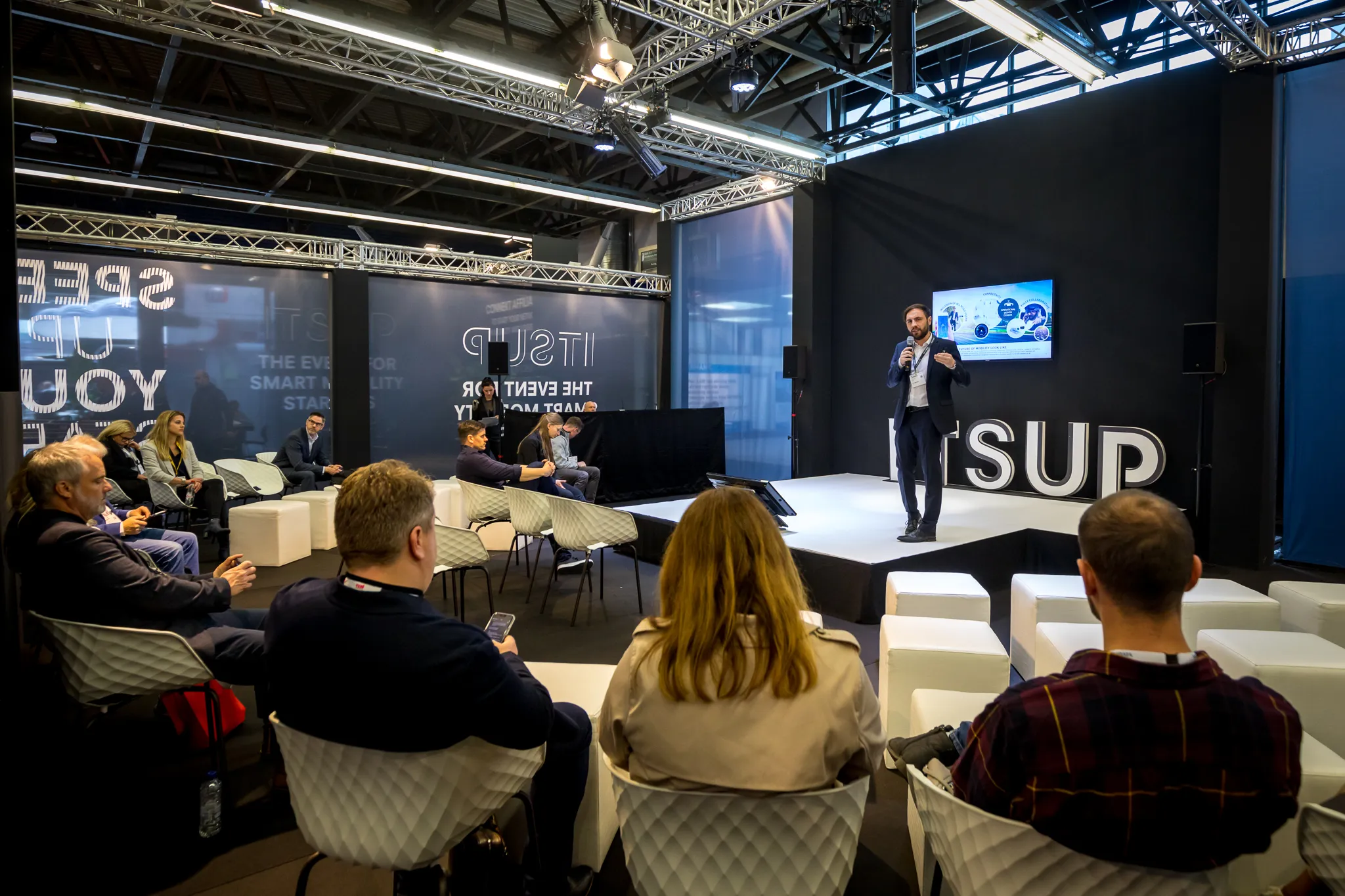Cubic Transportation Systems (CTS) is to collaborate with a diverse team of industry and academic partners to develop a prototype that integrates future ticketing technologies to support a doubled rate of passenger throughput at fare gates in train stations. According to travel projections, the number of journeys for passenger rail is likely to double over the next 30 years.
Cubic’s submitted proposal, Fastback Gateless Gate line, to the Railway Standards and Safety Board’s (RSSB) Future Ticketing Detec
September 15, 2016
Read time: 2 mins
Cubic’s submitted proposal, Fastback Gateless Gate line, to the Railway Standards and Safety Board’s (RSSB) Future Ticketing Detection competition is currently being developed at the Cubic Innovation Centre in London. Cubic is among three entrants selected earlier this year by the RSSB to receive funding from the British government to develop a prototype of the proposed solution.
Cubic is working in partnership with Go Ahead Group, Movement Strategies, Maynard Group and Bristol Robotics Laboratory to develop a concept demonstrator based on advanced ticket detection technologies that can be integrated into a single gateless system. This detection method – which eliminates the physical barrier of the gate – has the potential to double passenger throughput.
Fastback uses a variety of advanced technologies to seamlessly detect passenger tickets, allowing them to walk normally through fare gates without compromising the operator’s revenue protection. Fastback will also ensure revenues are collected for their services through an enhanced and secure technology platform providing a simpler means of identifying and apprehending fare evaders.
RSSB created the competition to explore new ideas for managing crowds in train stations, monitoring crowd density and directing crowd flow, with the goals of improving passenger safety and security, and protecting revenues for operators. said Neil Webster, Innovation Programme director, RSSB, says improving customer experience is a key challenge in the Rail Technical Strategy, and this competition, part-funded by RSSB, enables the industry to come together to find innovative solutions to address this. He believes advanced ticket detection technologies have a major part to play in how stations are run in the future.









